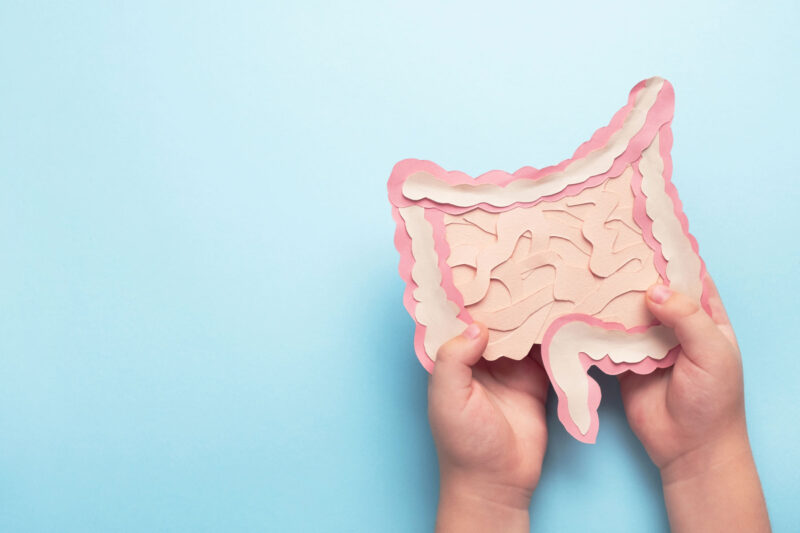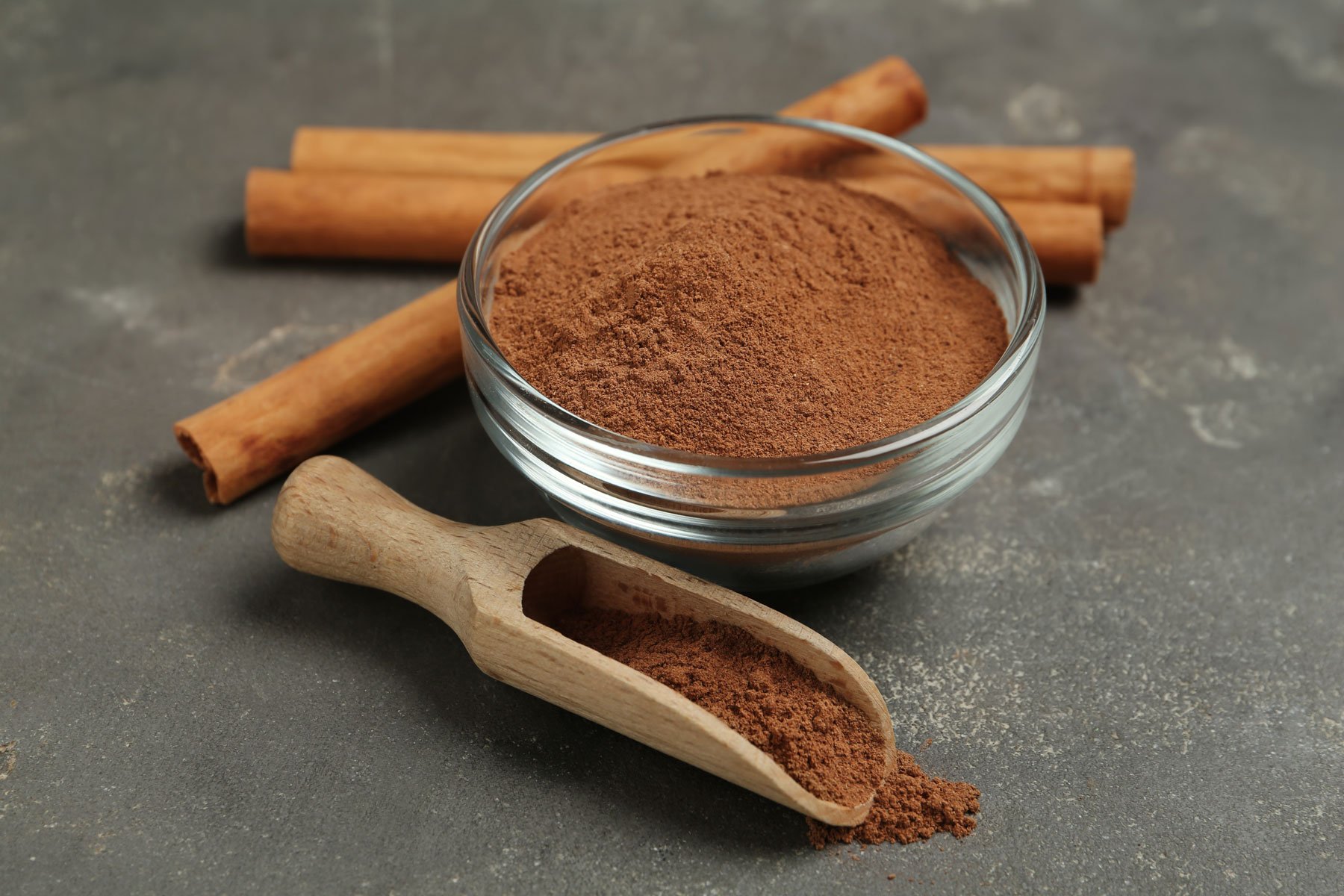If you’re interested in health and wellness, you’ve likely heard the term “leaky gut.” A healthy gut is selectively permeable, allowing for the absorption of water and critical nutrients. Leaky gut refers to a state in which a weakened intestinal lining lets unwanted particles, such as bacteria and toxins, into the bloodstream, triggering an immune response. It has been linked with a range of ailments, including metabolic disorders, autoimmune conditions, and mood disturbances.
However, many medical professionals don’t recognize it as an official condition, citing a lack of solid evidence. Most of the studies suggesting risk are either in animals or laboratory cells (not humans), and show correlation rather than causation. Despite the controversy, few would dispute that a healthy gut is vital for metabolic health and overall well-being. Whether or not you’re concerned about this condition, many actions suggested to prevent and heal it are also effective in supporting optimal gut health. Read on to learn more.
What is Leaky Gut?
The term “gut” refers generally to the intestines and stomach. The role of the gut barrier is to allow nutrients from the gut into circulation via blood vessels lining the small intestine and to block bacteria and large food particles from getting into circulation or the space between organs.
The innermost part of the intestinal barrier is called the mucosa, and it is the primary regulator of digestion and absorption. It is comprised of three main layers: the mucus layer, the epithelial cell layer, and the underlying lamina propria.
The first physical defense is the mucus layer, a dynamic entity containing enzymes, proteins, antibodies, and friendly bacteria. Next is the epithelial layer, which consists of a single layer of intestinal epithelial cells (IECs) connected by tight junction proteins that regulate intestinal permeability. Most IECs are absorptive cells for nutrient uptake, but there are also stem cells and enteroendocrine cells. IECs are supported by the lamina propria, a layer of connective tissue that includes immune cells, neurons, and enteroendocrine cells.
Leaky gut occurs when the intestinal barrier is compromised, either by direct physical damage or dysregulation of tight junction function. When this happens, foreign substances such as partially digested food, pathogens, and toxins can enter the bloodstream and trigger an immune reaction. This reaction is associated with inflammation that can cause problems within and beyond the gastrointestinal tract.
A compromised intestinal barrier may be linked to a variety of health issues, such as allergies, fibromyalgia, and autoimmune diseases like multiple sclerosis, systemic lupus erythematosus, and psoriasis. It’s also hypothesized to be connected to mood disorders such as depression and brain fog. Conditions such as Type 1 diabetes, Crohn’s disease, celiac disease, and liver disease may both contribute to and result in part from this compromised barrier. However, the evidence is inconclusive, and further research is needed to verify these links.
Some skeptics argue that increased permeability may not be as harmful as claimed and, in some cases, may be protective. One experiment used alcohol and a bacterial toxin to increase permeability in mice, which resulted in mild temporary inflammation that stimulated an immune response that decreased the severity of colitis. Even if some factors do increase permeability, this may not be enough to allow the passage of large molecules and bacteria blamed for adverse effects.
What Affects the Intestinal Barrier?
Many factors can impact the permeability of the gut barrier. Some hypothesize that genetics plays a role, along with environmental factors such as:
Infection
Organisms like bacteria, viruses, and parasites can damage the intestinal barrier and increase permeability. For example, the bacteria Vibrio cholerae release an enterotoxin that can open tight junctions, and Candida yeast can physically damage the mucosal barrier. Other common offending pathogenic microbes include the bacteria Shigella, Helicobacter pylori, and Salmonella, and the parasites Giardia and Blastocystis hominis.
Diet
Dietary components can influence gut barrier integrity. For example:
- Many microorganisms that live in the gut – collectively known as the gut microbiome – feed on dietary fiber. When the diet doesn’t contain enough fiber, these organisms may metabolize carbohydrates in the mucus layer, causing structural damage.
- Fructose has been associated with intestinal barrier dysfunction, potentially by disturbing nitric oxide homeostasis, which impacts tight junction protein function. Excess fructose consumption can also cause an imbalance in gut bacteria known as dysbiosis.
- Alcohol can disrupt the mucus layer and contribute to dysbiosis. It can also cause cell death, mucosal ulcerations, and villi damage.
- Gluten may increase intestinal permeability via gliadins, which are a class of one of its component proteins. In studies using human cells in a lab, gliadins have been shown to reorganize actin filaments (part of the cell cytoskeleton) and alter tight junction protein expression, thus increasing intestinal permeability.
Medications
- Antibiotics, by definition, disrupt the microbiome. They can also promote local and systemic inflammation and impair tight junction function.
- Long-term use of proton pump inhibitors like omeprazole and pantoprazole can cause dysbiosis and may increase permeability by affecting tight junction proteins.
- Nonsteroidal anti-inflammatory drugs (NSAIDs) such as aspirin and ibuprofen cause direct damage to the intestinal epithelium and have been associated with intestinal inflammation and increased intestinal permeability within 24 hours of use.
Sleep
Sleep deprivation and circadian disruption have been associated with increased intestinal inflammation and intestinal permeability, potentially by impacting tight junction proteins, contributing to dysbiosis, and increasing the susceptibility of epithelial cells to damage. Irregular sleep patterns may also augment the harmful effects of alcohol on the gut.
Stress
Psychological stress has been linked to heightened intestinal permeability, potentially due to dysbiosis and mast cell activation.
How Do You Know if Your Intestinal Barrier is Compromised?
There is no definitive gold standard test for assessing barrier integrity, contributing to the controversy surrounding leaky gut.
Researchers can assess permeability by giving subjects an oral solution of specific sugar molecules and seeing how much they excrete in urine, or perform a biopsy to examine the intestinal wall. One study found that people with Type 1 diabetes or pancreatic islet autoimmunity (a sign of preclinical Type 1 diabetes) had more leakage of the sugar molecule lactulose, suggesting tight junction malfunction. Researchers may also look for increased levels of specific proteins that indicate compromised gut barrier integrity, such as zonulin and occludin.
Testing for leaky gut is not common in conventional medicine—partly because there’s no easy way to do it and partly because of the skepticism outlined above. It’s more common among functional medicine practitioners, and certain conditions suggesting compromised gut health may lead physicians to run specific tests, such as calprotectin for inflammatory bowel disease, fecal elastase for pancreatic function, and identifier tests for infections or parasites. Without a universally accepted diagnostic tool for leaky gut, feeling better is often the best guide to healing.
Nutrition and Lifestyle Strategies to Protect Gut Health
If you know that you have been subjected to one or more of the environmental factors outlined above that can cause gut damage or are concerned that leaky gut may be contributing to a current health condition, you might choose to see a functional medicine doctor to investigate the root cause. These health practitioners often espouse a holistic approach to leaky gut called the “5R” program, which can also address many common gastrointestinal complaints and promote metabolic health. The protocol is as follows:
- Remove: Work with a healthcare professional to eradicate infections that could damage the gut, as well as identify foods that you may be allergic to or intolerant of.
- Replace: If needed, replace digestive secretions that may be compromised by factors such as disease, medications, or aging. This may include digestive enzymes. Work with a medical professional, such as a doctor or a dietitian, to determine type and quantity.
- Reinoculate: Reinoculate your gut with probiotics and prebiotics. Probiotics are beneficial bacteria that live in the gut. These microorganisms may not only outcompete harmful bacteria for nutrients but also assist in digestion and absorption while providing essential nutrients to intestinal cells. You can get them from fermented foods like yogurt, miso, and sauerkraut, as well as from supplements. Prebiotics are indigestible food components that feed friendly bacteria and can be found in foods such as Jerusalem artichokes, garlic, onion, and leeks.
- Repair: Repair and protect your gut lining with a diet rich in essential nutrients, such as polyphenols, fiber, and healthy fats, and low in processed foods, sugar, and alcohol. Cook with healthy oils, such as avocado oil or olive oil, and flavor your foods with a variety of spices, such as turmeric and ginger, to load up on antioxidants. Certain supplements can provide critical nutrients in more concentrated amounts; the amino acid L-glutamine, the polyphenols quercetin, curcumin, and berberine, and the peptide-mineral compound zinc carnosine have all been shown to support gut health. Vitamin A and D have been associated with improved tight junction function, increased release of antibacterial peptides, and a strengthened innate and adaptive immune response. Again, be sure to speak with a medical professional to decide which, if any, supplements are right for you.
- Rebalance: Rebalance your lifestyle, considering factors that may impact your overall well-being, such as sleep, stress levels, and exercise patterns.
A day of gut-healthy eating may look like the following:
Breakfast: Chia seed pudding with berries or a mushroom omelet with low-carb bread
Snack: ½ apple with 1 tablespoon nut butter or a handful of carrots with 2 tablespoons hummus
Lunch: Salmon with arugula salad and baked sweet potato drizzled with tahini, or a tofu stir fry with veggies and cauliflower rice
Snack: ¼ cup nuts (go with a classic such as almonds or cashews, or try something new like Brazil nuts) or a cup of bone broth with low-carb crackers
Dinner: Grass-fed steak with steamed collard greens and quinoa, or a salad with dark leafy greens, chicken breast, avocado, bell pepper, tomato, beets, and pumpkin seeds.
Final Thoughts
The concept of leaky gut as a medical condition remains controversial. Much of the supporting evidence comes from animal studies; there is no straightforward diagnostic test, and in many cases, it is unclear whether increased intestinal permeability is a cause or a symptom of disease. Although more research is needed to answer these questions, keeping your gut strong by eating a colorful diet, getting adequate sleep, and reducing stress to the best of your ability will help protect you from gastrointestinal disturbances and improve your overall health.
 Get a better view of your metabolic health
Get a better view of your metabolic health
The best way to understand how well your body processes your diet is with a continuous glucose monitor and an app like Levels to help you interpret the data. Levels members get access to the most advanced CGMs and personalized guidance to build healthy, sustainable habits. Click here to learn more about Levels.








